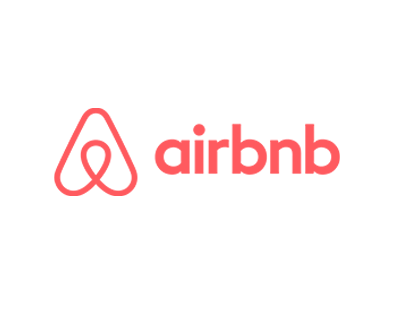
The growth of the short term rentals sector has helped to create an economy featuring several new types of jobs that benefit local communities and fit the demand for more flexible ways of working, according to the UK Short Term Accommodation (STAA), the organisation that represents the industry.
A recent report by Oxford Economics, that was commissioned by Sykes Holiday Cottages in conjunction with the STAA, showed that the short term rental sector contributed £27.7bn to the UK economy in 2021 alone - the equivalent of 1.4% of GDP - sustaining nearly half a million jobs.
The biggest positive contribution was found in geographical communities that are more reliant on tourism and in rural areas where there is typically a lower than average level of household income. In some areas, short term rentals activity contributes up to 4% of their GDP. The sector also boosted the UK Exchequer to the tune of £4.6bn in taxes.
New roles
The STAA has identified three new roles that people in local communities are undertaking thanks to the flexibility of hours and the new tasks that need to be delivered:
* Multi-property housekeeper– operating mainly between mid-morning check-outs and late afternoon check-ins, they carry out housekeeping duties for a number of private properties being let out. Their tasks include restocking kitchens and bathrooms, cleaning and tidying, organising the laundry and preparing welcome packs. These roles are proving to be attractive to parents with school-aged children who have time free between the school drop-off and pick-up.
* Maintenance handyperson and gardener – operating mainly during daylight hours but on call outside of these times, they take care of the gardens and their furniture, do running repairs on the property and its appliances, carry out maintenance on things like bicycles and lawnmowers and take away rubbish to the recycling centre. These roles are proving attractive to people in their 50s and 60s who may have left the corporate workforce or taken early retirement but want to continue to earn a living with reduced and flexible hours.
* Meeters and greeters – operating at check-in and check-out times they welcome guests to properties, handing over the keys and providing instructions as well as offering useful information for the guests’ stays such as recommendations for restaurants, places of interest to visit and leisure activities. They’ll run through the use of appliances and things like rubbish disposal. They’ll also come to see off guests to check everything is in order, that guests haven’t forgotten anything and to get a review from them. Andy Fenner, CEO, STAA, said, “Many people simply underestimate or are unaware of the positive impact that the short term rentals sector has on the UK economy, especially in those areas of the country that are typically not best served by highly paid jobs. The Oxford Economics report highlights how important short term rentals are to many communities in rural Britain and illustrates just how
many people benefit from their operation. “The flexibility of hours the industry offers means that a whole wave of people who were previously unable to take up a full or even part-time job can now be employed to do important jobs that fit around their family or other commitments. The UK is a leader in this industry and we need to make sure that we enable it to grow responsibly to meet the increasing consumer demand for a ‘home-from-home’ holiday or business stay experience and continue to provide quality employment opportunities for local communities.”













.png)


.png)



Join the conversation
Be the first to comment (please use the comment box below)
Please login to comment